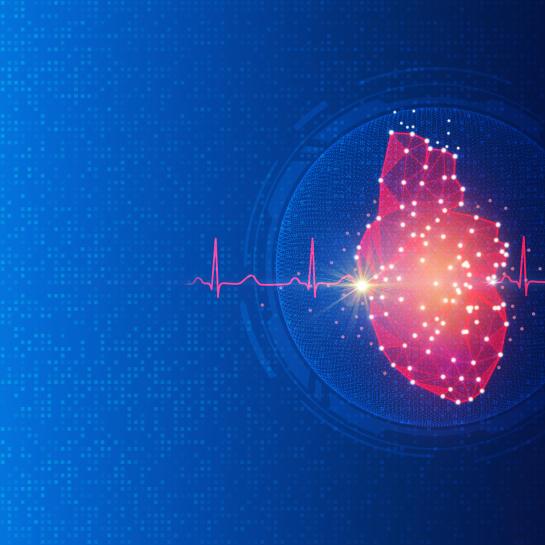
Acronym: ERIS
Title: European Research Institute on Simulation
| Call | HORIZON-WIDERA-2024-ERA-02-01 |
| EU nr | 101216605 |
| Period | 24 months - 01.05.2025 to 30.04.2027 |
| Project budget | € 1,000,000 |
| VUB budget | € 281,250 |
| Contact | Prof. dr. De Asmundis |
Can you provide a brief overview of ERIS and its key objectives?
ERIS (European Research Institute on Simulation) is a coordinated European initiative designed to transform medical training, initially focusing on cardiac electrophysiology (EP), by establishing an independent academic institute centered on simulation-based education.
ERIS addresses fragmentation in current training methods by promoting standardized training practices throughout Europe and encouraging collaboration among academia, industry, hospitals, scientific societies, and patient groups..
The key objectives include:
- Establishing a flexible, scalable educational institute (ERIS Institute).
- Integrating theoretical, simulation, and lab-based practical training.
- Developing EU-accredited academic programs.
- Promoting excellence and standardization in EP training.
- Fostering mobility, networking, and innovation in medical education across Europe
Why is a European standardized, high-quality training in cardiac electrophysiology crucial?
A Standardized, high-quality approach to training in cardiac electrophysiology (EP) is vital for several reasons:
Growing demand: EP disorders such asatrial fibrillation andventricular arrhythmias are increasingly prevalent due to an aging population.
Addressing fragmentation: Currently, EP training is inconsistent, often led by companies, lacks formal accreditation, and varies widely in quality across Europe.
Complexity and skill requirements: Advanced EP procedures are complex and require highly skilled professionals, directly affecting patient survival, quality of life, and complication rates.
Ensuring equity and safety: A standardized EU-level curriculum ensures equitable access to state-of-the-art care, reduces procedural risks, and supports professional mobility and recognition across European countries.
What specific role does VUB play within the ERIS consortium?
Vrije Universiteit Brussel (VUB) plays a pivotal role within the ERIS consortium, providing academic leadership and scientific expertise.
It is the only European academic institution currently offering a fully structured and accredited postgraduate program specifically in cardiac electrophysiology and pacing. Active since 2008, the program is internationally recognized for its comprehensive and high-quality education.
The VUB’s Postgraduate Program in Cardiac Electrophysiology and Pacing, led by Prof. Dr. Carlo de Asmundis at the Heart Rhythm Management Center (HRMC), is a rigorous two-year course(60 ECTS), featureing over 1800 training hours.. It combines theoretical education, simulation-based training, hands-on clinical experience, and research output.
Within ERIS, VUB coordinates:
• Curricculum development: Coordinating the academic content for EP training across Europe
• Proficiency-Based Progression (PBP): Implementing advanced methodologies to ensure high training standards and objective assessment.
Adiditionally, VUB cross-border collaboration through its pan-European network of partners in Switzerland, Spain, and Belgium.
The Heart Rhythm Management Center of UZBrussel is also an EHRA-recognized training center and part of the European Reference Network for Rare Heart Diseases (ERN GUARD-HEART).
Through these roles, VUB and more specifically UZBrussel contributes to shaping ERIS into the European reference standard for electrophysiology training.
How do you envision ERIS contributing to broader societal and economic impact?
ERIS aims to create significant positive impact for society by:
Improving patient outcomes and safety: By training highly skilled cardiac specialist, ERIS directly improves patient care, reduces complications, and saves lives.
Reducing regional healthcare disparities: Standardized training across Europe helps to reduce regional inequalities, ensuring equal access to high-quality care and education.
Accelerating the adoption of innovations: ERIS accelerates the integration of advanced healthcare technologies through education aligned with cutting-edge technologies.
Fostering cross-border mobility and cooperation: Encouraging cross-border professional mobility and collaboration supports a more unified and efficient Europeanhealthcare ecosystem.
Creating a sustainable, scalable model: ERIS provides a scalable, adaptable educational framework that can later be expanded into other medical specialties and regions.
